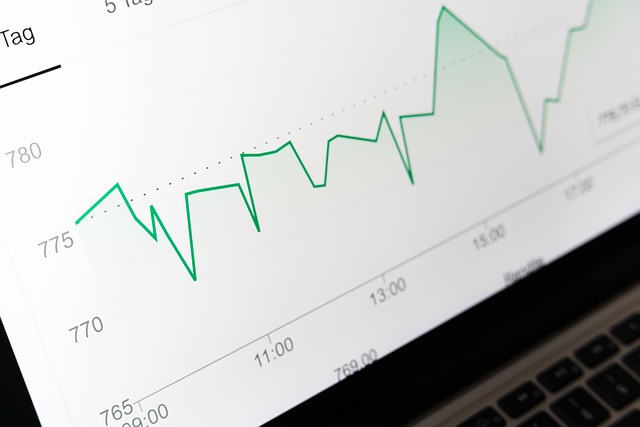On May 23, European stock markets experienced significant declines, with Germany’s DAX Index leading the downturn. The DAX fell by 2.7%, closing at approximately 23,657.82 points, as investor sentiment was rattled by escalating trade tensions, particularly driven by U.S. President Donald Trump’s looming tariff deadline with 50% tariffs on the European Union. This volatility was mirrored across other major European indices, including the FTSE 100 and CAC 40, reflecting a broader risk-off mood in global markets.
Global Trade Tensions Fuel Market Uncertainty
The primary catalyst for the market downturn was renewed uncertainty surrounding U.S. trade policies. Trump’s administration has maintained an aggressive stance on tariffs, with a recent deadline threatening additional levies on European goods. This follows a turbulent period of tariff impositions and pauses, which have kept investors on edge since April 2025. The announcement of potential tariffs has heightened fears of a broader trade war, impacting European economies heavily reliant on exports, such as Germany. The DAX, representing 40 of Germany’s largest companies, is particularly sensitive to such developments due to its exposure to global trade.
Broader European Market Reaction
The sell-off was not confined to Germany. The pan-European STOXX 600 index dropped by 1.4%, while France’s CAC 40 and the UK’s FTSE 100 both declined by approximately 0.9%. This synchronized downturn underscores the interconnected nature of global markets, with European indices reacting to both U.S. policy shifts and weaker-than-expected economic data. For instance, Germany’s provisional export figures showed a decline, further dampening investor confidence. Sectors such as technology, automotive, and industrials were among the hardest hit, with companies like ASML and Commerzbank seeing significant share price drops.
Economic and Geopolitical Context
The market’s reaction reflects deeper concerns about global economic growth. Speculation around the European Central Bank’s (ECB) interest rate policies has added to the uncertainty, with investors closely monitoring upcoming economic data and ECB commentary for signs of relief. Additionally, geopolitical developments, including U.S.-China trade dynamics and discussions around Ukraine in Saudi Arabia, have contributed to the cautious sentiment. The combination of these factors has created a volatile environment, with analysts warning that short-term fluctuations may persist until clearer policy directions emerge.
Advertisement
Outlook for the Market
Market analysts remain cautious about the DAX and broader European indices, citing ongoing global uncertainties. Investors are advised to monitor key economic indicators, corporate earnings, and geopolitical developments closely. While the DAX has shown resilience earlier in 2025, with a 20.16% increase year-to-date, the current volatility suggests a need for a balanced investment approach. Long-term investors may find opportunities in diversified European equity portfolios, while short-term traders should prepare for continued market swings. Staying informed through reliable sources and maintaining a focus on fundamental and technical factors will be critical in navigating this challenging landscape.






